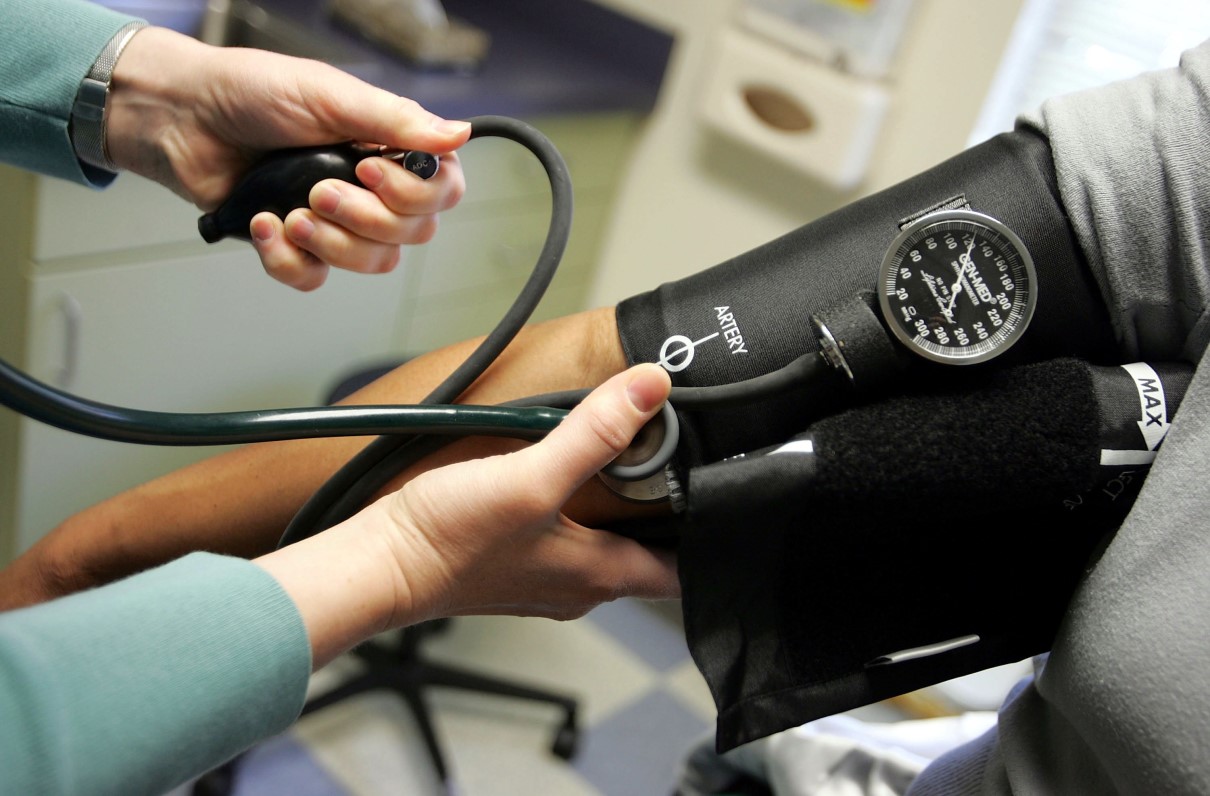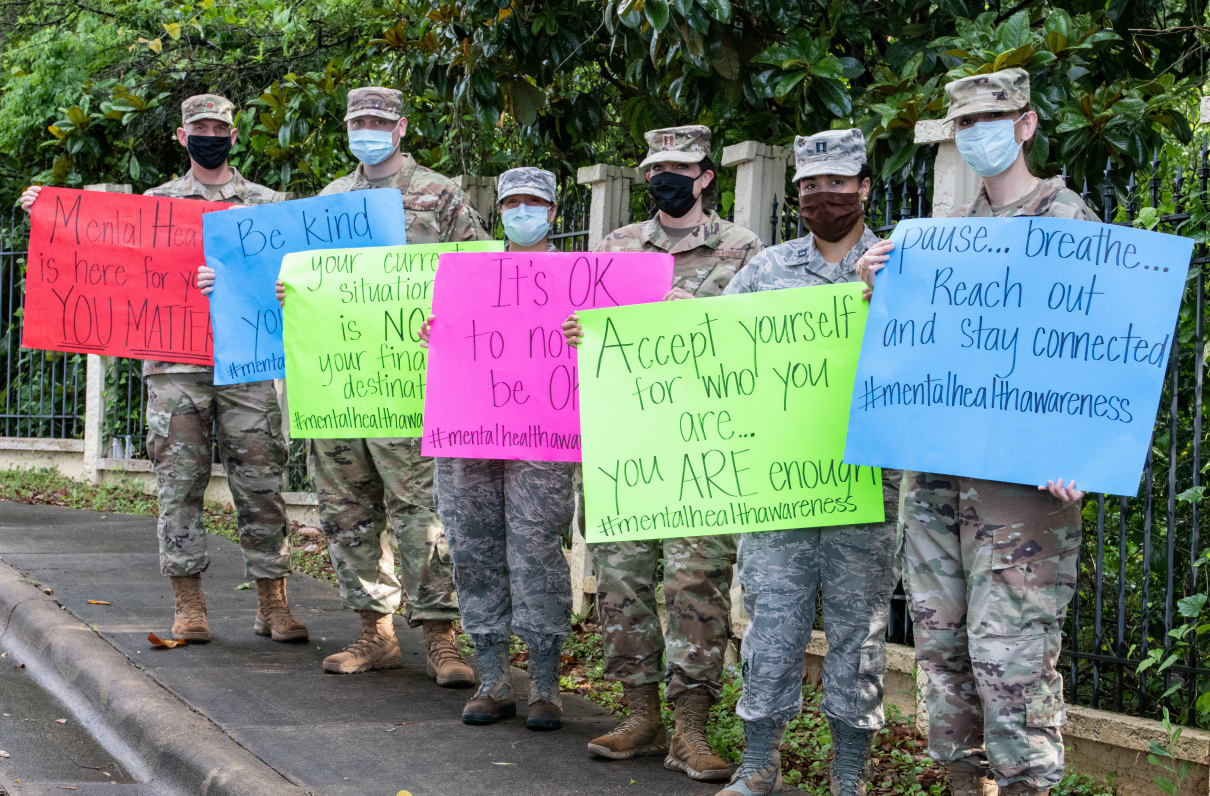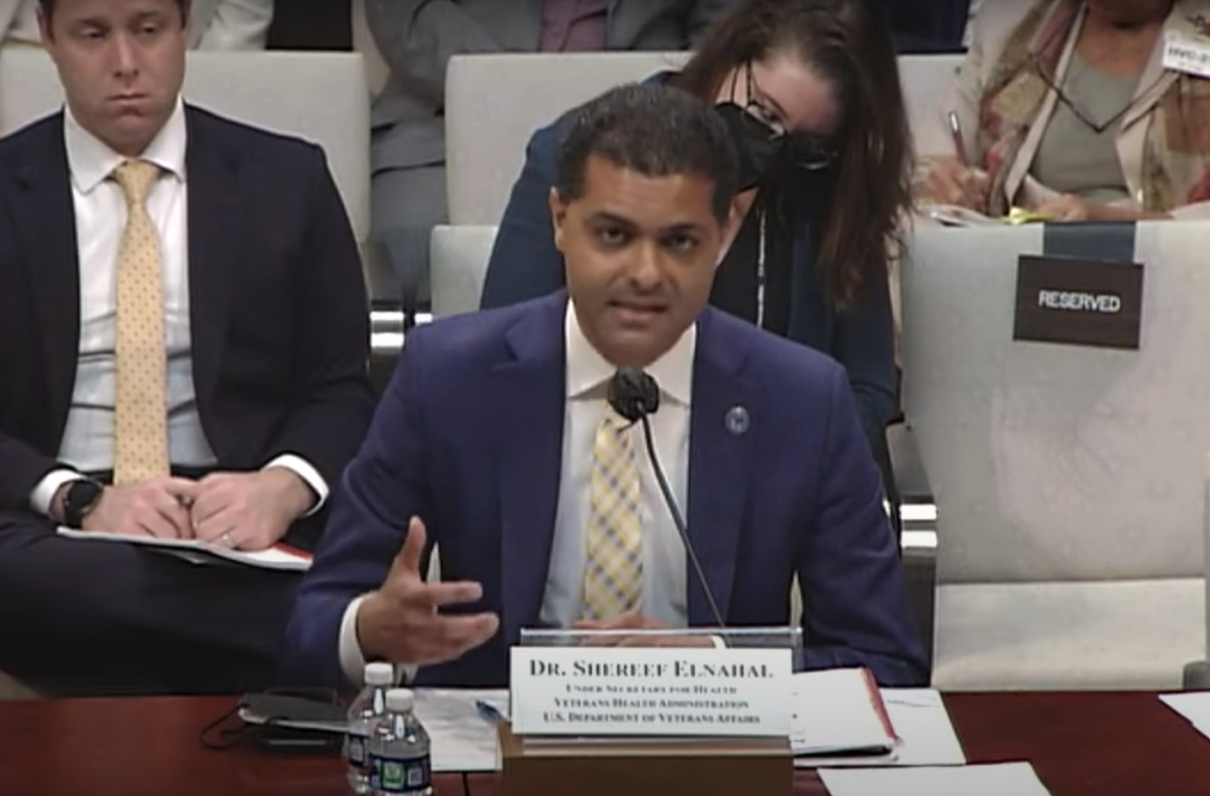(Updated Dec. 10)
People considering their employer health plans and seniors on Medicare-TRICARE For Life (TFL) when evaluating Medicare Advantage plans often ask us for consumer tips. Here’s what we say. Please keep in mind that your health and financial situation greatly affect which points below are your best options.
First, consider your health care needs. Do you rarely need health care? Or do you frequently use health care facilities?
Then, consider the major cost factors in health plans: deductibles, premiums, copays, and catastrophic caps (cat caps, also known as out-of-pocket maximums).
Please note: The cat cap term may be different for different plans, but the meaning is similar — it refers to the maximum amount you pay out of pocket in a plan-year before the plan pays at 100%.
[RELATED: MOAA's Health Care Resources]
Your mission is to determine which combination of cost factors is least expensive over the plan-year given your health care needs and financial situation. Plans with high deductibles and high cat caps typically have lower premiums. Low deductibles and cat caps have higher premiums. Copays commonly range from $0-$50.
You may prefer the lowest premium if you figure you won’t use much health care and a high deductible or cat cap won’t matter.
Someone needing a lot of care may want to get to the cat cap sooner to fall under the full coverage. Or maybe you prefer no deductibles and a plan with only premiums and copays to keep things simple and better plan your expenses.
Higher deductibles and cat caps require savings on the side for worst-case years.
Always ask your health care providers if they are in your health plan’s network. Costs can go up significantly when you are outside your network. Call me Captain Obvious, but in the complex health care sector, stuff happens. Another related note: Do not go around your primary care manager if you have one. Seeing providers without primary care manager approval is costly.
Some Medicare Advantage (also known as Part C plans) plans offer more coverage for the same or a little more than the Original Medicare Part B premium. It may be worth a bit more premium to get coverages that will enhance your situation. Technically, TFL supplements Advantage plans as it does Original Medicare since all are Parts A and B Medicare. However, TFL does not link with an Advantage plan in-system as Original Medicare does. This means claims will not flow automatically and seamlessly through the computer from Advantage plan to TFL as they do with Original Medicare.
You will probably have to file manual claims to TFL to have expenses that fall out of the Advantage plan reimbursed. You can call TFL to determine if coordination between TFL and an Advantage plan is possible by calling TFL at (866) 773-0404.
[RELATED: Service Surgeons General Voice Concern About Military Health Care Reforms]
Military retirees on Medicare-TFL do not need Part D pharmacy coverage or any other pharmacy coverage. Another pharmacy plan messes with the TRICARE pharmacy by disqualifying you from the home delivery program and causing you to file manual claims for drug costs.
Because TFL is a Medicare supplement, no other Medicare supplement is necessary. Save your money and throw away the solicitations.
On the other hand, a supplement plan may save you some bucks if you aren’t on Medicare yet. Consider the supplement’s deductible and premium compared to your health plan’s cat cap. Given the $3,000 cat cap on TRICARE Prime or Select, there is not much to supplement. Heads up: TRICARE cat caps will increase in 2021, and they will continue to rise with COLAs in the future.
This isn’t a factor for most military retirees, but medical expenses above the 7.5% adjusted gross income (AGI) threshold are deductible. It is 7.5% for 2019 and 2020. Premiums you pay for Medicare B are a medical expense.
Don’t forget about the tax deduction for qualified long-term-care policy premiums. The older you are, the greater the deduction for people who itemize.
[RELATED: Long-Term Care Resources From MOAA]
While you can’t contribute to a Health Saving Account once you’re enrolled in Medicare, you can still use the money in the savings account to pay for medical expenses. Since withdrawals are tax-free for medical expenses, they do not add to your AGI in retirement. Plus, money in an HSA can be used to pay for Medicare Part B premiums or long-term care premiums.
Consult IRS Pubs 502 and 969 as well as your tax specialist for tax issues related to medical expenses.



